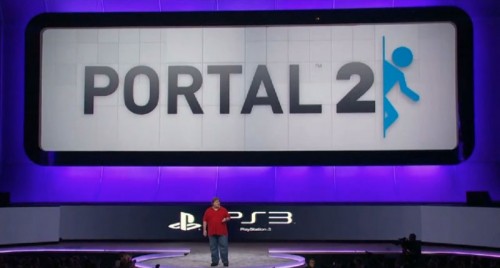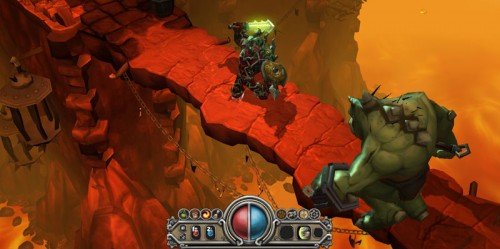I came into Minecraft after months of increasingly complex alpha and beta versions, and to say I was baffled is an understatement. By that time there was already a whole subculture surrounding it, hours of staggering creations on YouTube – be sure to check out Rapture and the absolutely mind-blowing Middle-earth – and a dauntingly complex wiki, and this was before we’d even got as far as the adventure updates and crazy ideas like, y’know, adding a point to the whole thing.
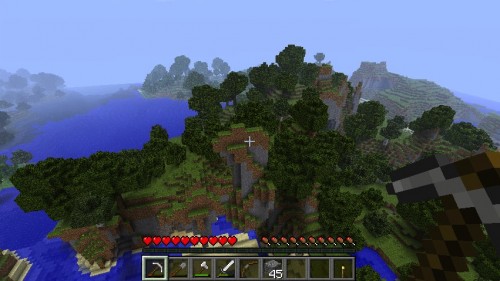
At some point this year, though, I made a conscious effort to sit down with the game, a guide to the first steps on the road to the ultimate sandbox open in a browser behind it, and it all just clicked. Its position on the list might suggest that it didn’t click quite as strongly as it did for some, and indeed I’ve done little more than make tall towers and deep catacombs in between exploring some of the great work being done on collaborative servers, but it’s probably the game this year that I found easiest to get lost in, and just play for the joy of creating something.
I’m not sure whether it’s worthy of praise or criticism that the tutorial-free first hour is so open-ended being that it’s only in retrospect, having been told that punching a tree makes wood makes planks makes a crafting table of all things, that it’s possible to see how clever it all is, because a tutorial would ruin the beautiful simplicity. It makes you feel clever when you manage to discover a recipe off your own back, and if you’ve been scared off I encourage you to give it a real try.
2012 will certainly bring updates as well as the 360 version, and how that ends up will be intriguing. I only hope that whoever’s developing it has the guts to leave what the game does best alone without overcomplicating things in pursuit of a less patient audience.

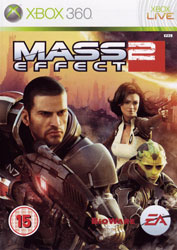 I know for a fact that many of the first game’s most ardent fans will disagree vehemently with this, but for my money Mass Effect 2 will stand as one of the primary examples of how to improve on a game for its sequel. It may have jettisoned some of the RPG ideals of the first game, but I found its attempts at streamlining perfect, creating a brilliant action-RPG – emphasis on the ‘action’ – with one of the best open-ended stories in recent history. The important thing is that what the first game did best – creating a wonderfully vibrant and believable sci-fi universe – was preserved and expanded.
I know for a fact that many of the first game’s most ardent fans will disagree vehemently with this, but for my money Mass Effect 2 will stand as one of the primary examples of how to improve on a game for its sequel. It may have jettisoned some of the RPG ideals of the first game, but I found its attempts at streamlining perfect, creating a brilliant action-RPG – emphasis on the ‘action’ – with one of the best open-ended stories in recent history. The important thing is that what the first game did best – creating a wonderfully vibrant and believable sci-fi universe – was preserved and expanded.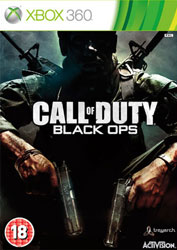 It may be fashionable to hate this series and, frankly, quite sensible to hurl some well-deserved opprobrium at Activision, but there’s still nothing better when it comes to the Michael Bay style of action. While Halo is, I maintain, better at actually engaging the brain, Call of Duty is still the place to go for a shot of adrenaline.
It may be fashionable to hate this series and, frankly, quite sensible to hurl some well-deserved opprobrium at Activision, but there’s still nothing better when it comes to the Michael Bay style of action. While Halo is, I maintain, better at actually engaging the brain, Call of Duty is still the place to go for a shot of adrenaline.